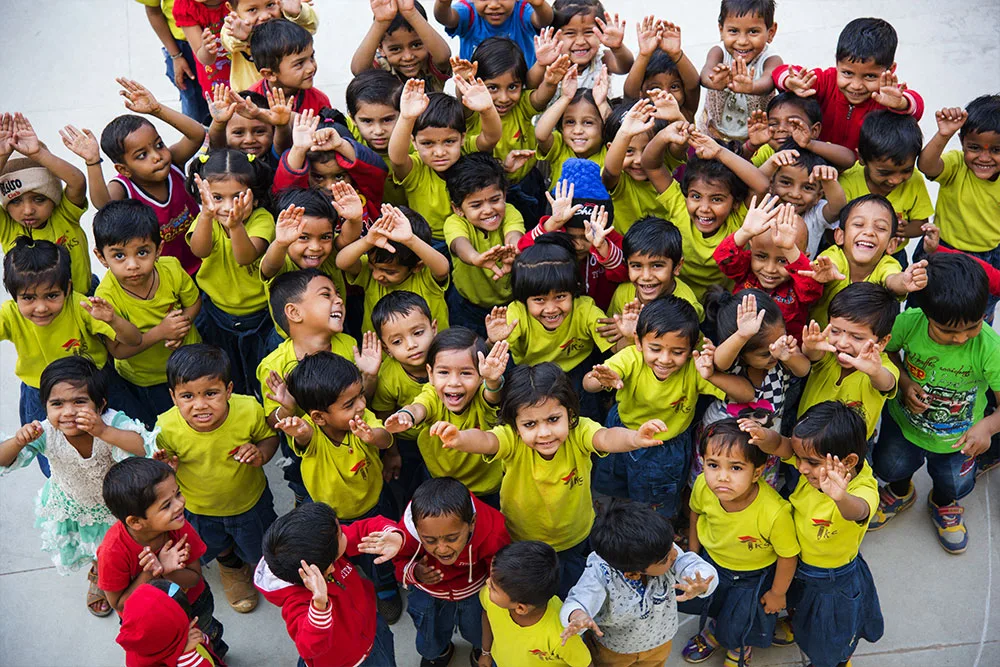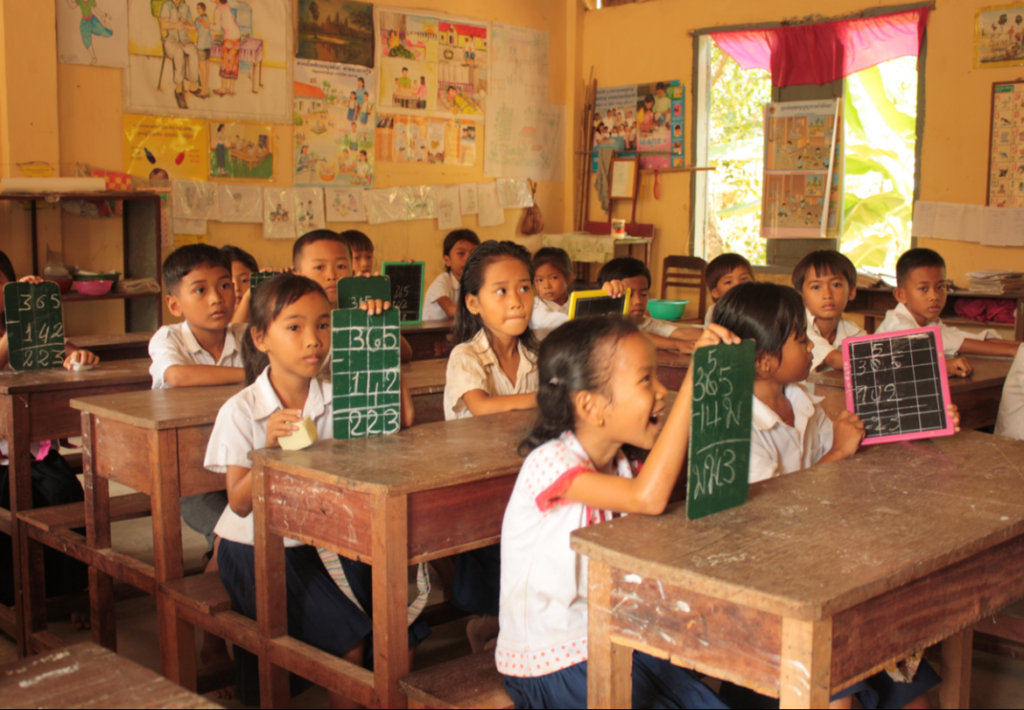
Renowned educator and the founder of the TreeHouse chain of schools underscores the necessity of seamlessly integrating differently-abled students into regular classrooms
With an estimated 240 million children facing disabilities globally, it is essential to recognise their shared aspirations and dreams for the future. Like all children, those with disabilities require quality education to develop their skills and realize their full potential. Inclusive education emerges as the most effective pathway, ensuring every child, irrespective of abilities, has a fair chance to attend school, learn, and acquire the essential skills for a thriving future, as emphasised by UNICEF.
Meanwhile, the inclusive approach to education is gaining momentum in India, with the National Education Policy (NEP) placing additional emphasis on the practice of educating all students, regardless of their abilities, in the same school and classroom. Leading educators also assert that schools should view inclusive education as the norm and take every step to eliminate any form of discrimination.

“Every child is unique in their own way. In the case of specially-abled students, integrating them into mainstream schools is crucial to fostering equality and inclusivity in education. When a child with special needs is placed alongside peers of the same age, it is important to not marginalize and exclude. Empathy should be an essential component of parenting as well as teaching,” says Rajesh Bhatia, the founder of the nationwide TreeHouse chain of schools.
He states that in his schools, inclusive learning is an inherent and essential part of the overall education model. “Embracing inclusivity as a norm is crucial for creating an optimal learning environment. Beyond just inclusive classrooms, every learning module and recreational activity should be purposefully designed to cater to the diverse needs of all students. Equally essential is ensuring that teachers play an efficient and pivotal role in this integration, offering the necessary support and accommodations for differently-abled students to actively engage in the learning process,” adds Mr Bhatia.

